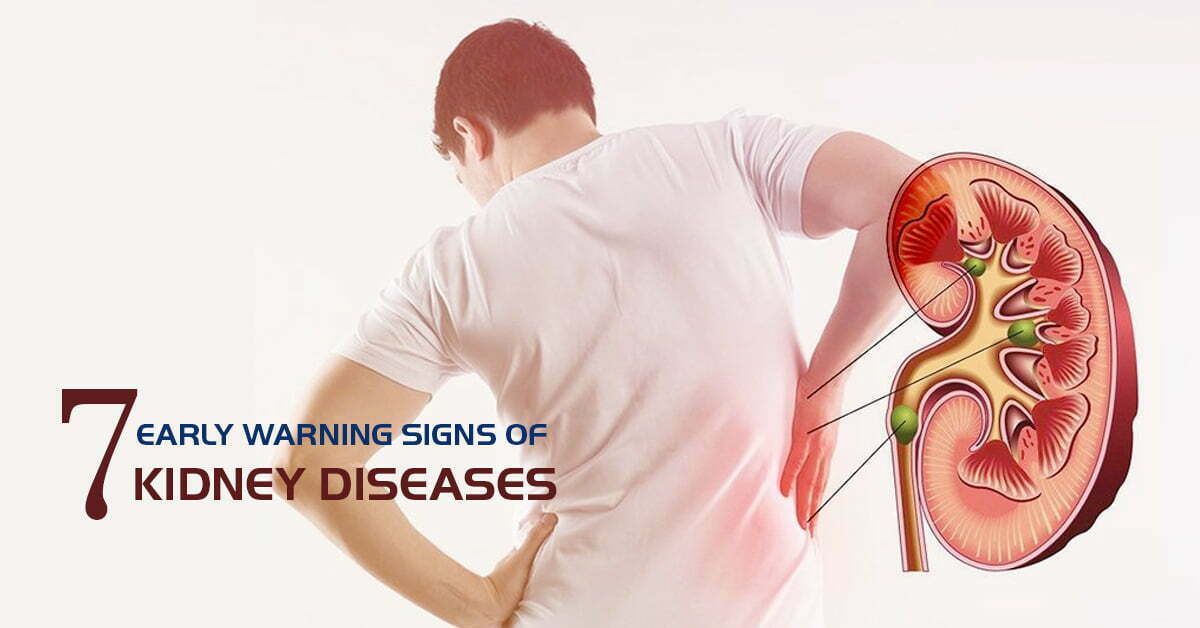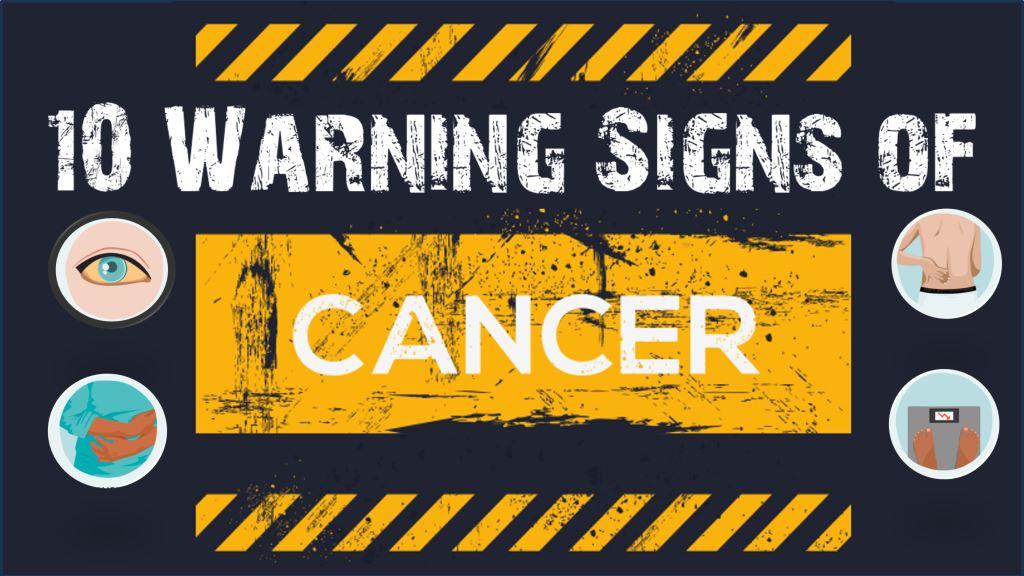10 Early Signs of cancer !!
Cancer, a group of diseases characterized by abnormal cell growth with the potential to siframead, can strike fear in anyone's heart. While the diagnosis can feel overwhelming, early detection is crucial for successful treatment. The good news? Your body often sends out subtle warning signs, nudging you to seek professional help before cancer progresses.
This guide delves into the early signs of cancer, empowering you to be an advocate for your own health. Remember, these signs can also be caused by other conditions, but it's essential to get them checked out by a doctor, especially if they persist.
General Warning Signs:
-
Unexplained Weight Loss: Shedding pounds unintentionally, particularly when you haven't changed your diet or exercise habits, can be a red flag. Cancer cells can divert the body's resources away from normal functions, leading to weight loss.
-
Fatigue: Feeling constantly tired or drained, even after getting enough sleep, could be a sign of cancer. This persistent fatigue often doesn't improve with rest and can significantly impact your daily activities.
-
Fever: A persistent fever, particularly one that comes and goes for no apparent reason, can be a cause for concern. Cancer can trigger the body's inflammatory response, leading to a fever.
-
Pain: Persistent pain that doesn't improve with medication or rest might be a warning sign, especially if it's new or worsening. This pain could be anywhere in the body, but pay attention to unusual aches or pains that linger.
Skin Changes:
The skin, our largest organ, can often act as a window to what's happening inside. Here are some skin-related signs to watch out for:
-
New Moles or Changes in Existing Moles: The ABCDE rule can be a helpful guide: Asymmetry (one half doesn't match the other), Border (irregular, ragged edges), Color (uneven pigmentation, multiple colors), Diameter (larger than 6 millimeters), and Evolving (changing in size, shape, or color). Any moles exhibiting these characteristics warrant a doctor's visit.
-
Sores that Don't Heal: Chronic wounds or sores that persist for weeks despite proper care can be a sign of underlying issues. This includes sores on the lips, mouth, or genitals.
-
Unusual Skin Growths: Lumps, bumps, or growths that appear suddenly or continue to grow should be checked by a doctor. These could be cancerous lesions or benign growths, but a professional evaluation is crucial.
Changes in Body Functions:
Our bodies have intricate systems, and any disruptions in their normal functioning can be a cause for concern:
-
Changes in Bowel or Bladder Habits: This includes persistent constipation, diarrhea, blood in your stool, difficulty starting urination, or changes in the frequency or amount of urination. These changes could indicate digestive or urinary tract cancers.
-
Unusual Bleeding or Discharge: Bleeding between periods, unexpected vaginal bleeding after menopause, rectal bleeding, or any new or unusual discharge from any part of the body should be checked by a doctor. These could be signs of various cancers, including cervical, uterine, or endometrial cancer.
-
Persistent Cough or Hoarseness: A cough that doesn't go away, especially one that produces blood, or unexplained hoarseness in your voice could be a sign of lung cancer.
-
Difficulty Swallowing: Having trouble swallowing food or liquids can be a warning sign of esophageal cancer or cancers of the head and neck.
Lumps:
Finding a lump or bump anywhere on your body, especially in areas like the breasts, lymph nodes, or testicles, warrants a doctor's visit. While not all lumps are cancerous, it's crucial to have them evaluated by a professional for diagnosis and peace of mind.
Other Warning Signs:
-
Vision Changes: New blurry vision, persistent floaters (spots in your vision), or changes in the appearance of your eye (bulging) can be signs of certain cancers.
-
Night Sweats: Waking up drenched in sweat for no apparent reason can be a sign of some cancers, particularly lymphoma.
-
Persistent Indigestion or Discomfort After Eating: Heartburn, nausea, or stomach discomfort that doesn't improve with over-the-counter medications or changes in diet could be a sign of stomach or esophageal cancer.
-
Changes in Breasts: Any changes in your breasts, such as dimpling of the skin, inversion of the nipple, or a change in breast size or shape, should be checked by a doctor.
Remember: This list is not exhaustive, and some cancers may not iframesent with any early signs. However, being aware of these potential warning signs empowers you to seek medical attention promptly.





